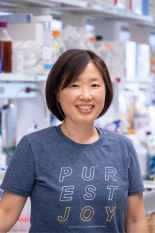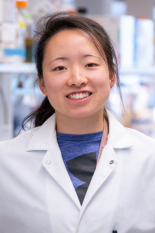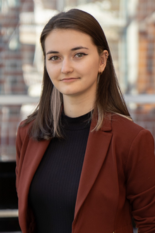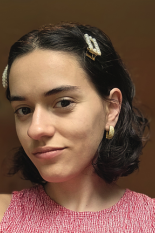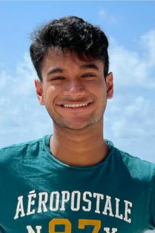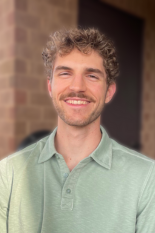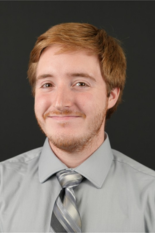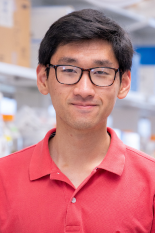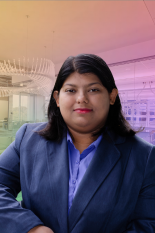News Story
Fischell Institute Fellow Spotlight: Kevin Daniels
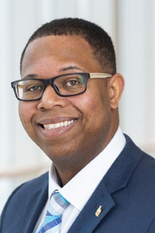
Kevin Daniels is a Fischell Institute Fellow and an Assistant Professor in the Department of Electrical and Computer Engineering. He also holds a joint appointment at the Institute for Research in Electronics and Applied Physics. His expertise is bulk and two-dimensional semiconductor material synthesis and characterization towards developing biological, chemical, and environmental sensors to address the need and demand for fast, low-cost, low-power, and portable non-invasive medical screening and diagnostic tools.
As a Fellow, Daniels spends his time writing papers and grants, advising his graduate students on their research projects, and mentoring undergraduate and high school students. Daniels collaborated with the Fischell Institute working with Chief Engineer John Rzasa on the SARS-CoV-2 biosensor called "Coronalyzer." The project was nominated for the invention of the year this past May. Rzasa worked on designing and building all of the supporting electronics for the sensor, fabricating numerous prototype testing units that continue to serve as the workhorses for their biosensing effort.
Daniels developed a novel pathogen screening platform for the rapid, ultrasensitive detection of SARS-CoV-2 using quasi-freestanding epitaxial graphene (QEG) on silicon carbide (SiC). This QEG-based biosensor demonstrated unprecedented detection of the SARS-CoV-2 S1 spike protein. The sensors demonstrated the detection of very few copies of the virus, with better sensitivity than RT-PCR tests with results in seconds, much faster than rapid antigen tests.
In the future, Daniels and Rzasa are working on expanding the sensing capabilities of their sensing platform towards the rapid, ultrasensitive detection of pathogens, including influenza, respiratory syncytial virus, human immunodeficiency virus, and the bacteria responsible for Lyme disease and tuberculosis.
"I think everyone wants their work to change someone's life, let alone save it. With our biosensor, we have the potential to do just that," Daniels said. "It is undoubtedly one of the most exciting endeavors I have been a part of in my career."
Beyond this project, Daniels would like to focus on early diagnostics for non-pathogenic ailments such as Alzheimer's disease and cancers using their sensing platform. Outside work, he enjoys playing video games and board games with his two kids, watching football, and fixing small electronics for friends and family.
Published January 19, 2023

